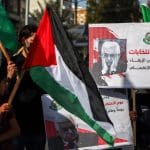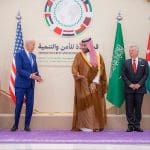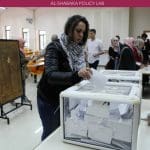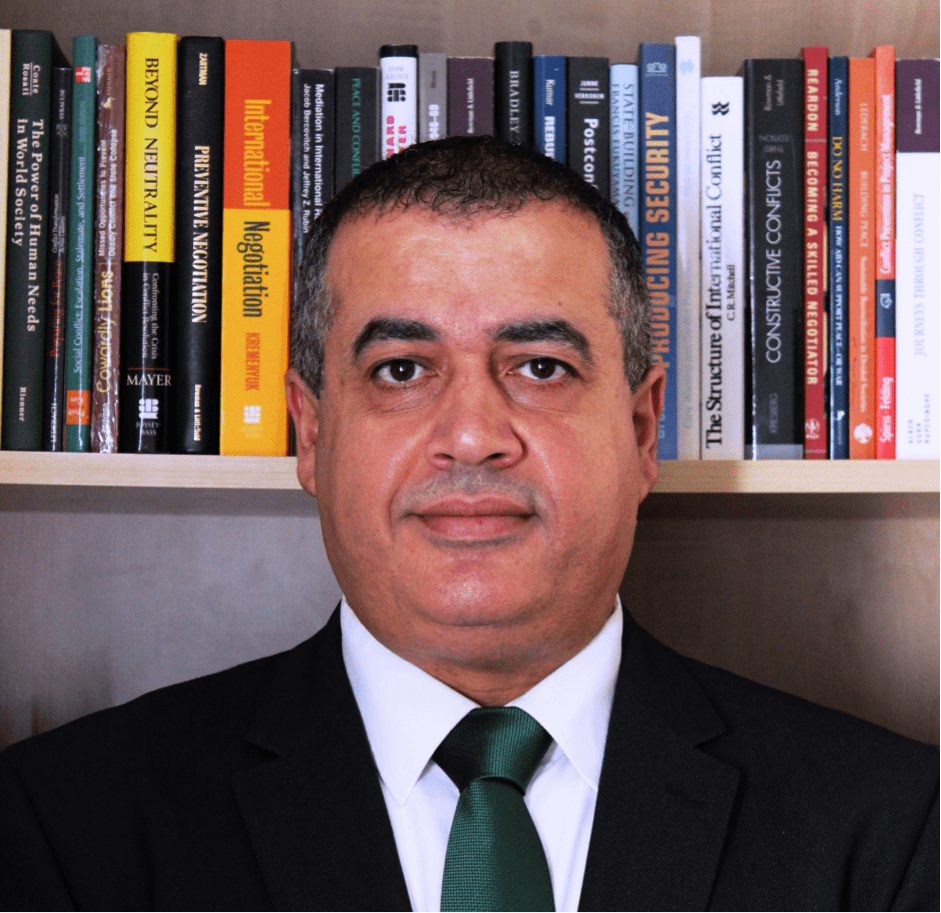
Trump’s efforts to bolster the Palestinian economy in lieu of concrete political action are part of a long history of initiatives designed to forfeit Palestinian rights under the guise of “economic peace.”
In this policy lab, Al-Shabaka Policy Analysts Diana Buttu and Ibrahim Fraihat joins facilitator Nur Arafeh to weigh in on the threats these initiatives pose for the Palestinian liberation struggle, as well as on the growing support for such approaches by Arab states.
Nur Arafeh is a Fellow at the Malcolm H. Kerr Carnegie Middle East Center, in Washington DC, where her work focuses on the political economy...
Al-Shabaka Member Ibrahim Fraihat is a professor of international conflict resolution at the Doha Institute for Graduate Studies, and Affiliate Scholar at Georgetown University. He...
Diana Buttu is a lawyer who previously served as a legal advisor to the Palestinian negotiating team and was part of the team that assisted...















